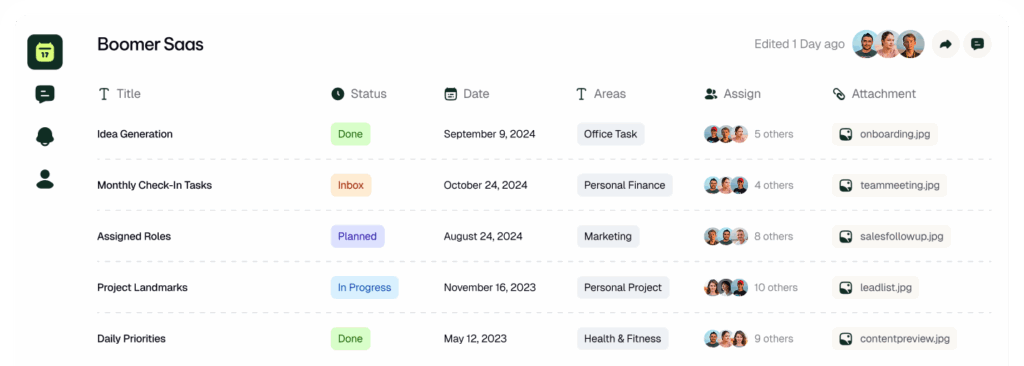Engaging Emails: Guide to Successful Email Marketing
Email marketing remains one of the most powerful tools for businesses to connect with their audience, nurture leads, and drive sales. However, with inboxes flooded daily, crafting emails that stand out and engage recipients is both an art and a science. This guide will walk you through key strategies to create engaging emails that your audience looks forward to opening and acting upon.
Why Email Marketing Still Matters
Despite the rise of social media and messaging apps, email continues to deliver the highest ROI for marketers. According to industry research, email marketing can yield an average return of $42 for every $1 spent. The reason? Email offers a direct, personal, and customizable communication channel that can be tailored for every stage of the customer journey.
1. Know Your Audience
Successful email marketing starts with understanding your subscribers:
- What are their interests and pain points?
- What tone and style resonate with them?
- When are they most likely to check their emails?
Segment your list based on demographics, behavior, or purchase history to send more relevant content that drives engagement.
2. Craft Compelling Subject Lines
Your subject line is the gateway to your email. It needs to grab attention quickly and spark curiosity or convey clear value. Here are some tips:
- Keep it short and sweet (under 50 characters)
- Use action verbs and urgency (e.g., “Last chance to save!”)
- Personalize when possible (e.g., “John, here’s your exclusive offer”)
- Avoid spammy words like “free” or “buy now” that can trigger filters
3. Write Engaging, Clear Content
Once your email is opened, your content should deliver on the subject line’s promise:
- Use a friendly, conversational tone that matches your brand.
- Break text into short paragraphs for easy scanning.
- Highlight benefits, not just features.
- Include a clear call-to-action (CTA) telling readers exactly what you want them to do.
4. Design for Readability and Mobile
Most people check email on their phones, so responsive design is crucial:
- Use clean layouts with plenty of white space.
- Use legible fonts and contrasting colors.
- Make buttons large enough to tap easily.
- Include images, but optimize for fast loading.
5. Personalize and Automate
Personalization goes beyond inserting a name. Use data to tailor offers, content, and send times. Automation tools allow you to send welcome emails, birthday wishes, or cart abandonment reminders automatically, keeping your audience engaged without extra effort.
6. Test and Analyze
Continuous improvement is key:
- A/B test subject lines, send times, content, and CTAs.
- Track open rates, click-through rates, conversions, and unsubscribes.
- Use insights to refine your strategy and better meet subscriber needs.
7. Respect Privacy and Compliance
Build trust by respecting subscribers’ privacy:
- Get explicit consent before sending emails.
- Provide easy ways to unsubscribe.
- Comply with regulations like GDPR or CAN-SPAM to avoid penalties and maintain reputation.
Final Thoughts
Creating engaging emails is a blend of strategy, creativity, and ongoing optimization. By knowing your audience, crafting compelling messages, and delivering them thoughtfully, you can build lasting relationships that drive real business results. Start small, experiment often, and watch your email marketing thrive.
Read similar articles
Start managing task better




